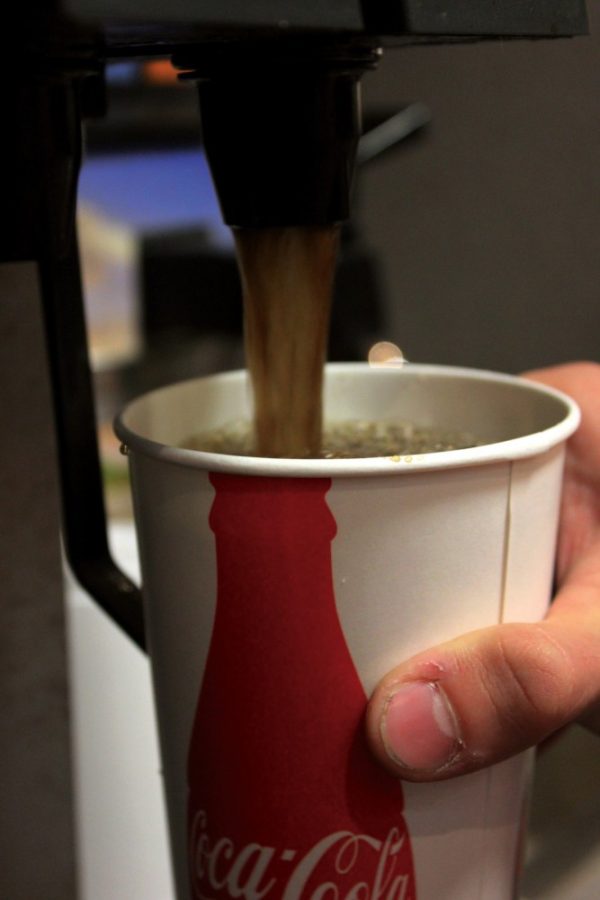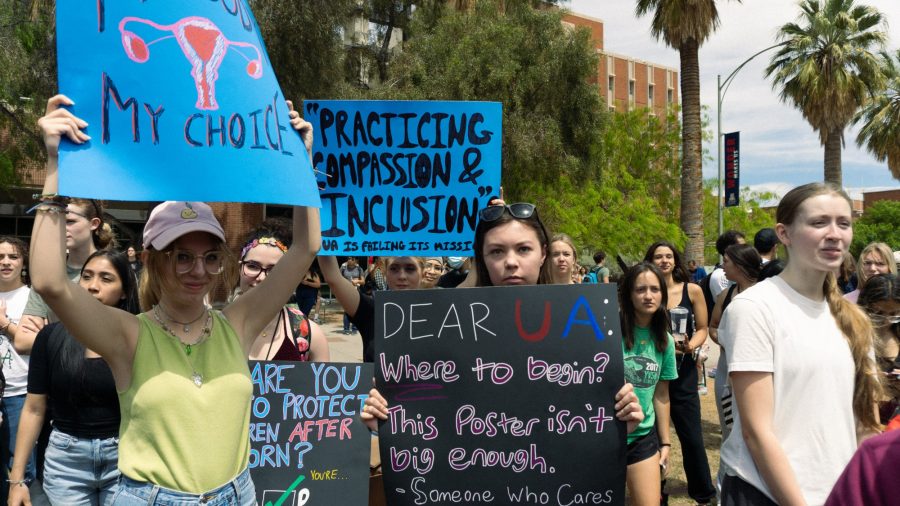A recent study has found possible carcinogens in sodas, prompting the Food and Drug Administration to take a closer look at the chemicals used to make these drinks.
The study, conducted by Consumer Reports, found small amounts of a carcinogen in sodas such as Coca-Cola, Diet Coke and Coke Zero, and found larger amounts in some Pepsi products like Pepsi One.
The study compared Pepsi One samples, among others, from last year to samples purchased this December, both originating from New York. The results showed that levels of the carcinogen 4-methylimidazole decreased over the past year in Pepsi One, going from 195 mcg per 12-ounce serving to 161 mcg per 12-ounce serving.
A carcinogen is a substance that directly causes cancer. The chemical compound 4-methylimidazole is a carcinogen found in the caramel color dye used in dark sodas and other foods.
According to tests done by the FDA, the level of 4-methylimidazole found in the foods and drinks containing this caramel color dye is not enough to cause any health risks to consumers.
“It may not be cause and effect; it may be association,” said Cynthia A. Thomson, a public health professor and director of Canyon Ranch Center for Prevention and Health Promotion. “No single food promotes cancer.”
James Hosobe, an East Asian studies junior, said the threat of cancer wouldn’t stop him from drinking soda.
“I [will] keep drinking soda,” Hosobe said. “I [will] probably drink in moderation, but I [won’t] cut it off all the way.”
Charlie Priano, a business administration and regional development junior, said he would be less inclined to drink soda, but said he wouldn’t completely stop drinking it either.
“We are always looking for the answer to, ‘What caused this [cancer]?’” Thomson said. “I don’t think we can definitely say. No one is going to let us give [carcinogens] to humans to find out.”
Thomson added it would be unethical to feed foods or drinks that are thought to cause cancer to humans, and this is why it is hard to determine whether or not certain foods actually cause cancer or if they are just associated with a high risk of cancer.
It would take high levels of these foods and drinks to consume enough carcinogens to directly cause cancer, and even then it isn’t guaranteed, Thomson said.
“If you are given a carcinogen every single day,” Thomson said, “you are not going to get a tumor for years.”









